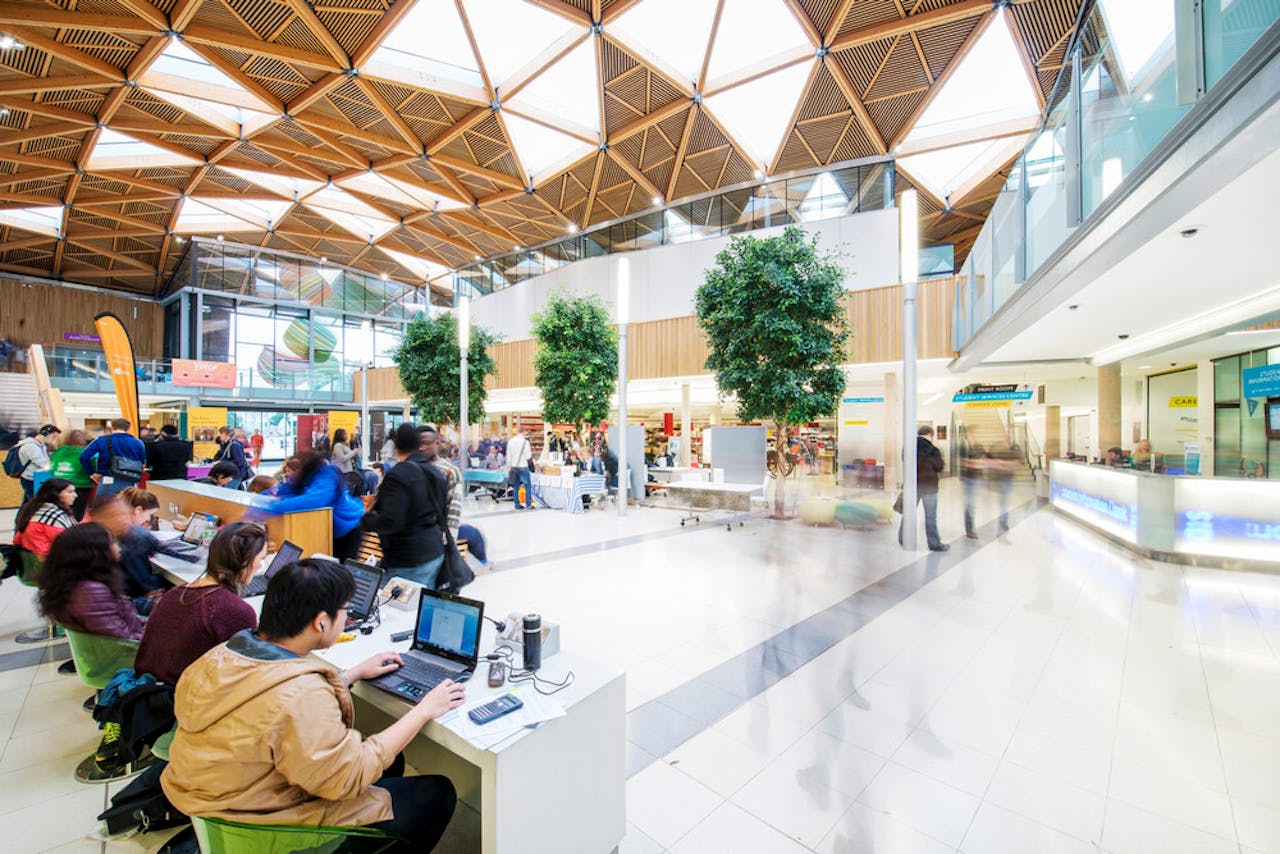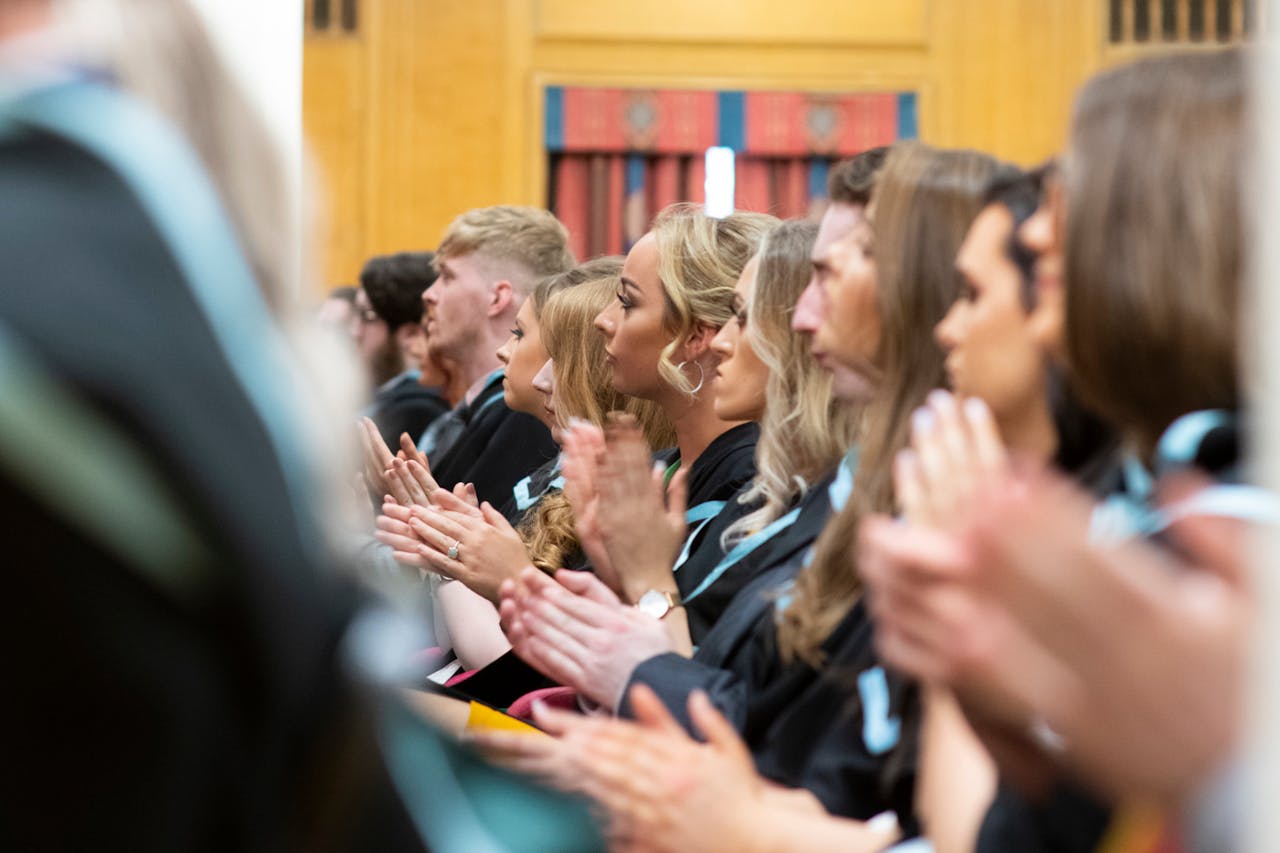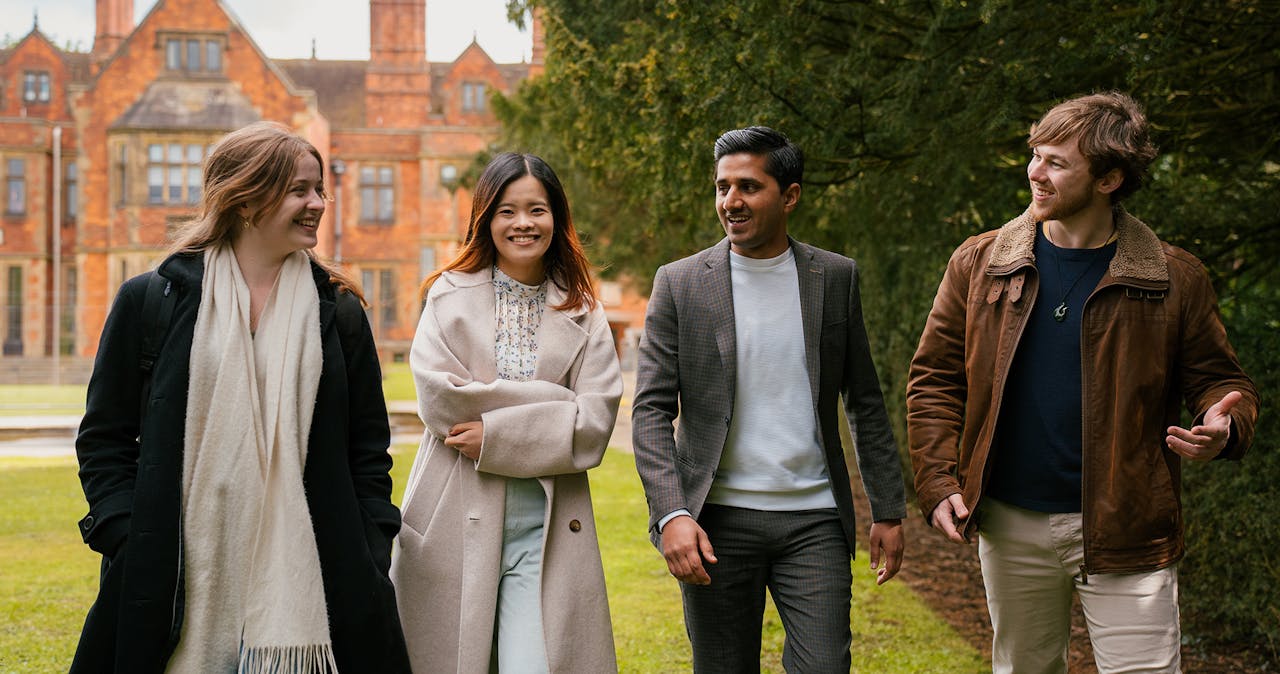As I’ve said, Advancing Access should be seen as a dialogue. We’ve been thinking about how we can introduce more user interactivity on our site. During our online Virtual Conferences, delegates have the opportunity to both chat with university representatives and also to chat with each other. However we typically only host these events once per year. The challenge of hosting a large user forum on the website is one which we probably aren’t ready for at the moment, however the comments space under our blog posts will offer users the chance to converse with each other (and us) for the first time outside of our Virtual Conference events. We hope you will rise to this challenge and get typing! The typical blogger knows full well that the percentage of their readers who take the trouble to write comments underneath their work is fairly small. However there’s nothing we’d enjoy more than the opportunity to discuss with you the issues that we raise in each blog post and to hear more about your experiences advising students on the ground.
Once the blog has bedded in, we’d also like to publish articles authored by our own user base of teachers and advisers. Perhaps you’re an existing blogger who is looking to boost your reach, or maybe you’ve thought about dipping your toe in to the blogosphere before but have never been quite brave enough. Now could be your chance to share that piece of good practice from your school or college with the world – and if our Google Analytics account is to be believed there over 15,000 people who could potentially read what you have to say.
I think that’s the initial housekeeping done for now. Keep your eye out for blog article number 2, which in essence will be our first “proper” post. In the meantime, please comment to let us know the sorts of topics which you’d like to be covered in the blog. Everything we post will be linked on our Twitter feed too, so following us is a great way to make sure you catch everything.



